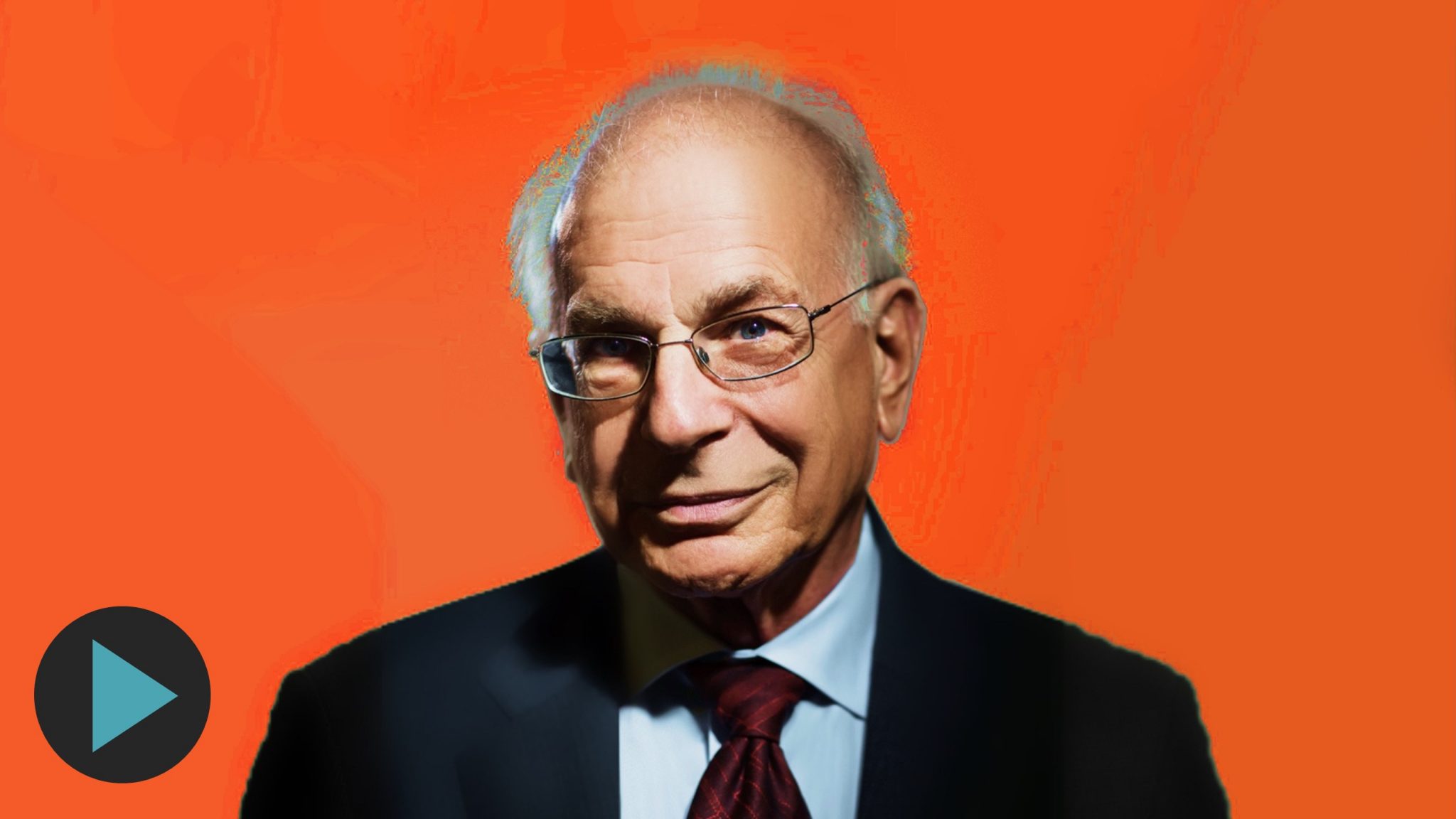

They flipped a coin to decide the lead authorship on the first paper they wrote, and simply alternated thereafter. They became one of the greatest partnerships in the history of science, working together so closely that they couldn’t remember whose brain originated which ideas, or who should claim credit. Amos Tversky was a brilliant, self-confident warrior and extrovert, the center of rapt attention in any room Kahneman, a fugitive from the Nazis in his childhood, was an introvert whose questing self-doubt was the seedbed of his ideas. They became heroes in the university and on the battlefield-both had important careers in the Israeli military-and their research was deeply linked to their extraordinary life experiences.

The Undoing Project is about a compelling collaboration between two men who have the dimensions of great literary figures. Kahneman and Tversky are more responsible than anybody for the powerful trend to mistrust human intuition and defer to algorithms. Their work created the field of behavioral economics, revolutionized Big Data studies, advanced evidence-based medicine, led to a new approach to government regulation, and made much of Michael Lewis’s own work possible. Their papers showed the ways in which the human mind erred, systematically, when forced to make judgments in uncertain situations. Still, Danny is described as a problem solver by nature, an academic whose work held massive implications for life in the real world, unlike the distant hypotheticals of philosophical theorems.How a Nobel Prize–winning theory of the mind altered our perception of reality.įorty years ago, Israeli psychologists Daniel Kahneman and Amos Tversky wrote a series of breathtakingly original studies undoing our assumptions about the decision-making process. Thus, Danny, one of the most brilliant minds of the 20th century, was susceptible to personal insecurity and debilitating self-doubt. And he needed it because he suspected Amos shared that perception” (332). He needed him to correct the perception that they were not equal partners. For instance, when detailing the unraveling of Danny’s collaboration with Amos, Lewis writes, “Danny needed something from Amos. Yet, despite all his professional accolades and honors, including a Nobel Prize and the Presidential Medal of Freedom, Danny is described as insecure and anxious about others’ perceptions of him.


In perhaps his most significant contribution outside his collaborations with Amos Tversky, Danny’s test for assigning roles within the Israeli military is still used today. As a Holocaust survivor, Danny’s identity as an Israeli Jew played a vital role in his worldview and in his subsequent work in the field of psychology. Kahneman, mostly referred to as “Danny” throughout this book, is a complicated individual, a Nobel prize-winning genius in the field of behavioral science and psychology whose insecurity and self-doubt cause him to undervalue his own work, time and again.


 0 kommentar(er)
0 kommentar(er)
